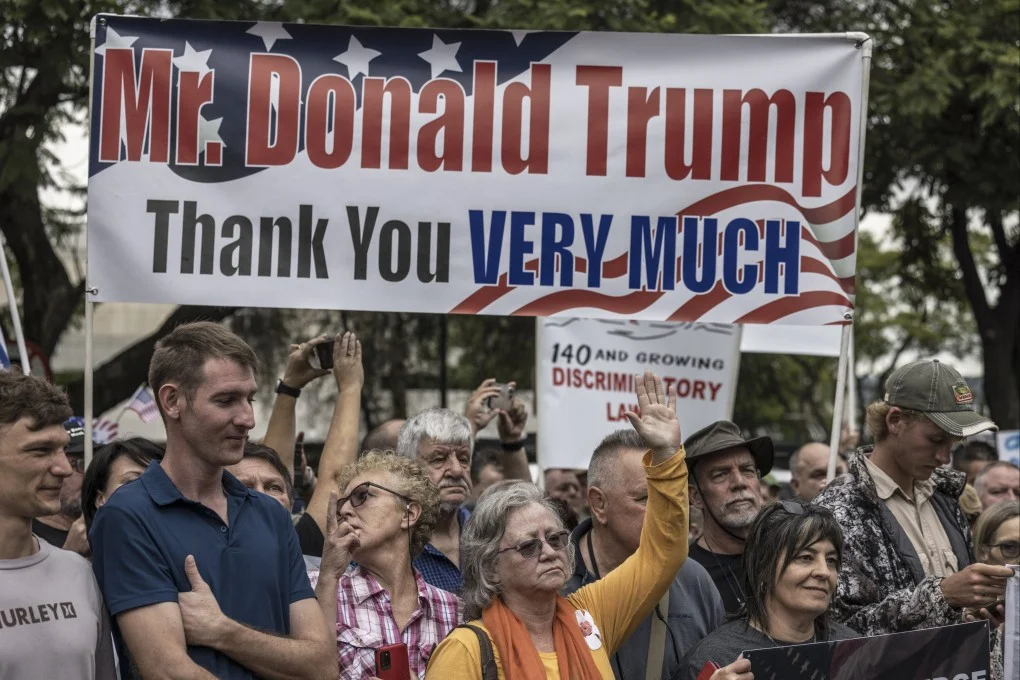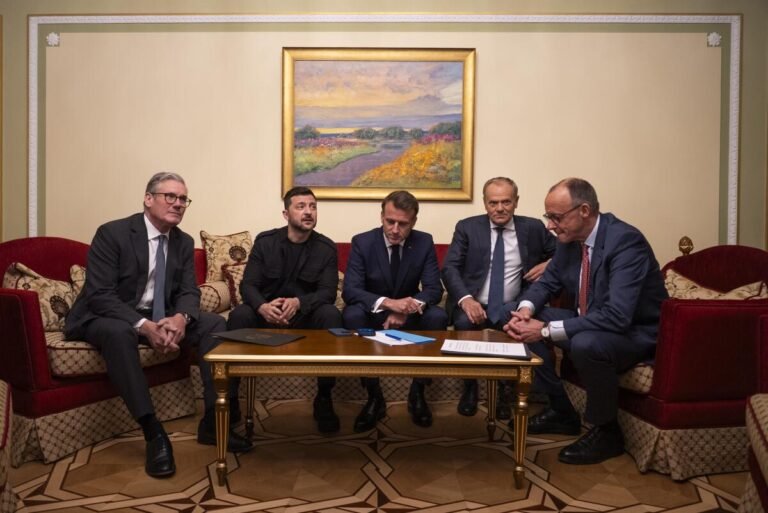
May 12, 2025: A U.S.-funded charter plane carrying 49 white South Africans, primarily Afrikaners, departed Johannesburg on Sunday en route to Washington, marking a controversial shift in U.S. refugee policy under the Trump administration.
These individuals claim they have been victims of racial discrimination and violence in post-apartheid South Africa, citing job denials and safety threats. The expedited refugee resettlement, authorized by a recent executive order signed by President Trump, contrasts sharply with his administration’s restrictive stance on refugees from war-torn African nations such as Sudan and the Democratic Republic of Congo.
Typically, refugee processing takes years, but Afrikaners were fast-tracked within just three months. This move has sparked backlash from human rights groups, immigrant advocates, and South African officials, who say the program undermines the very purpose of refugee protections — aiding the most vulnerable.
South African government officials have denounced the U.S. action as a politically motivated slight, pointing to Trump’s previous remarks accusing the South African government of anti-white discrimination and land seizure claims widely discredited by legal experts. While President Cyril Ramaphosa recently signed a law allowing for land expropriation without compensation under strict legal guidelines, no such seizures have yet occurred.
Despite these facts, many Afrikaners feel marginalized. “No white person in their right mind would stay in this country,” said Jaco van der Merwe, 52, who reports being attacked and passed over for jobs due to his race.
Land ownership remains a deeply divisive issue in South Africa, where white citizens, making up just 7% of the population, still control nearly half of the farmland. Critics argue the U.S. refugee policy favors a privileged group rather than those truly at risk.
With over 8,000 inquiries reportedly received by the U.S. Embassy in South Africa, it remains unclear how many more Afrikaners will be admitted under this program. Meanwhile, tensions between the two nations are deepening, as the Trump administration continues to challenge South Africa’s foreign policy positions, particularly its stance on Israel and Iran.




